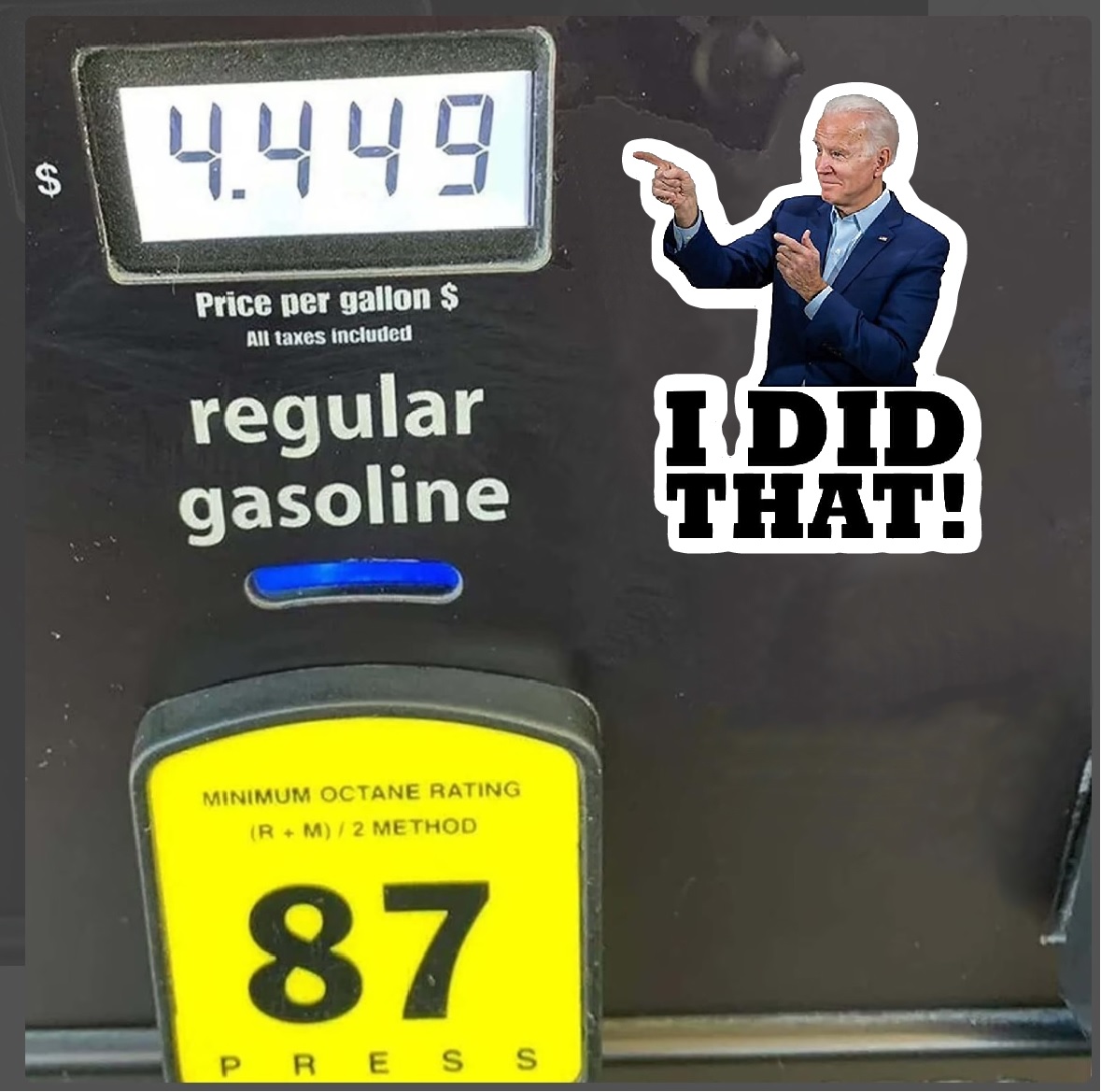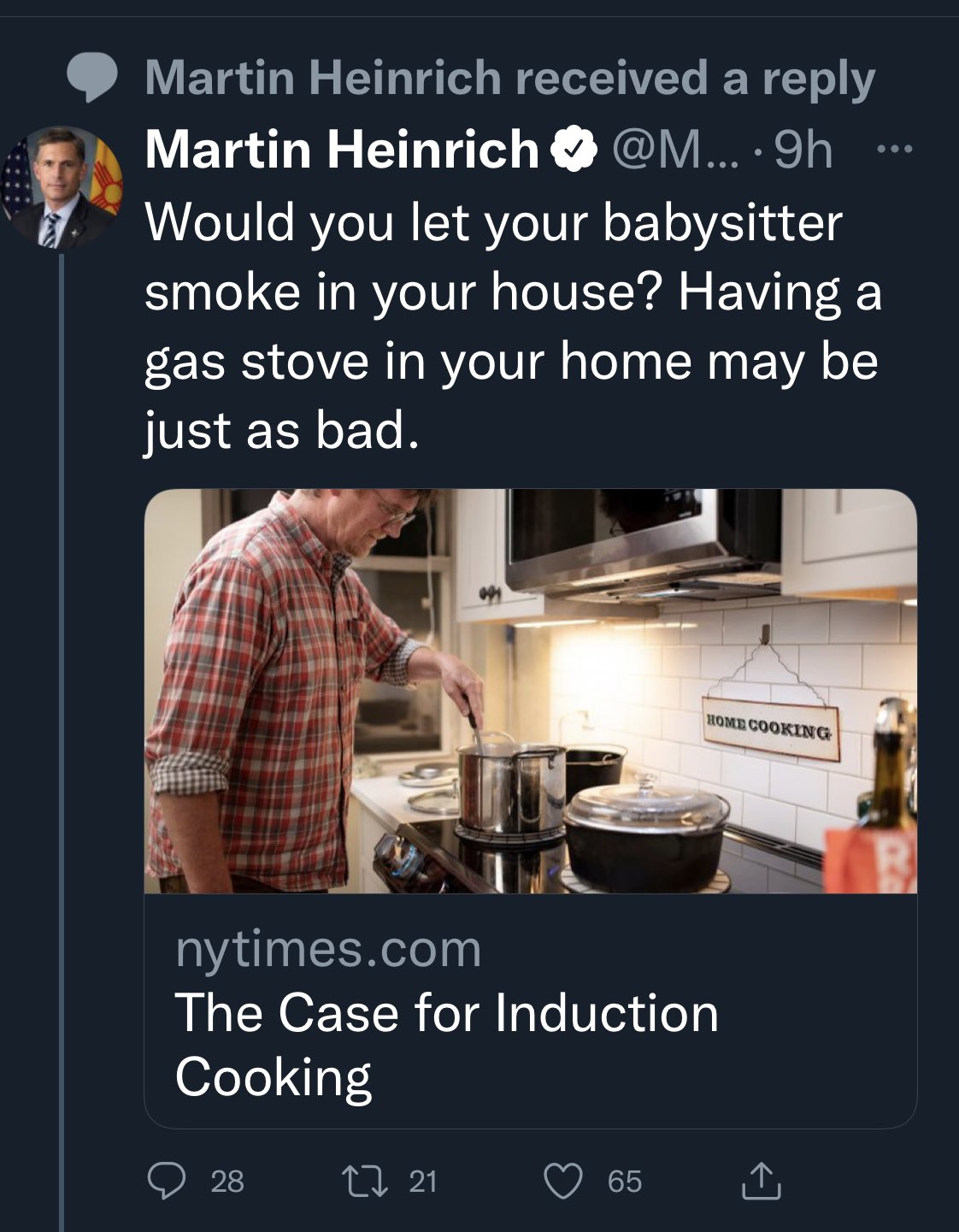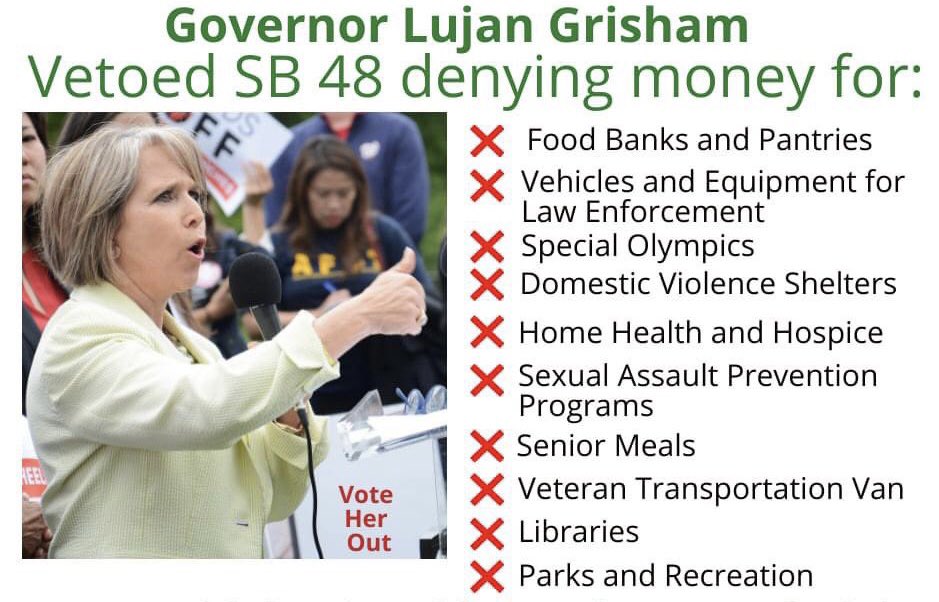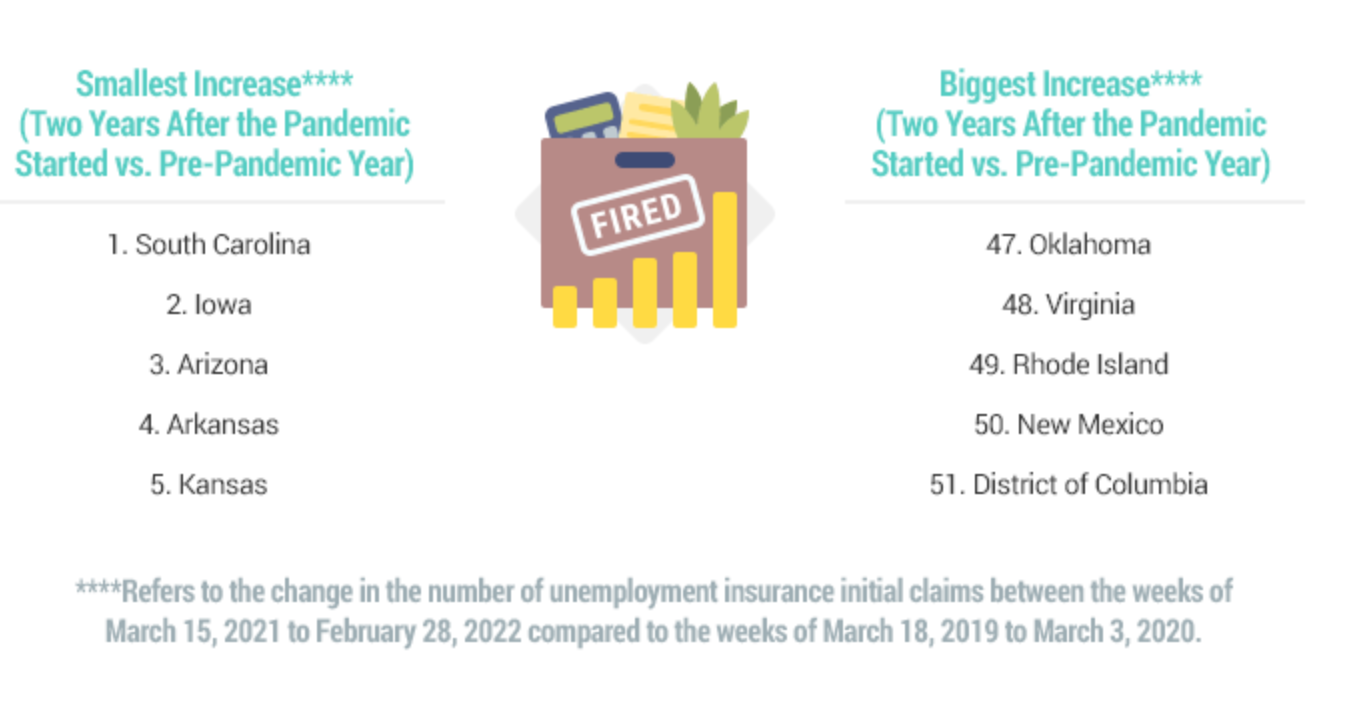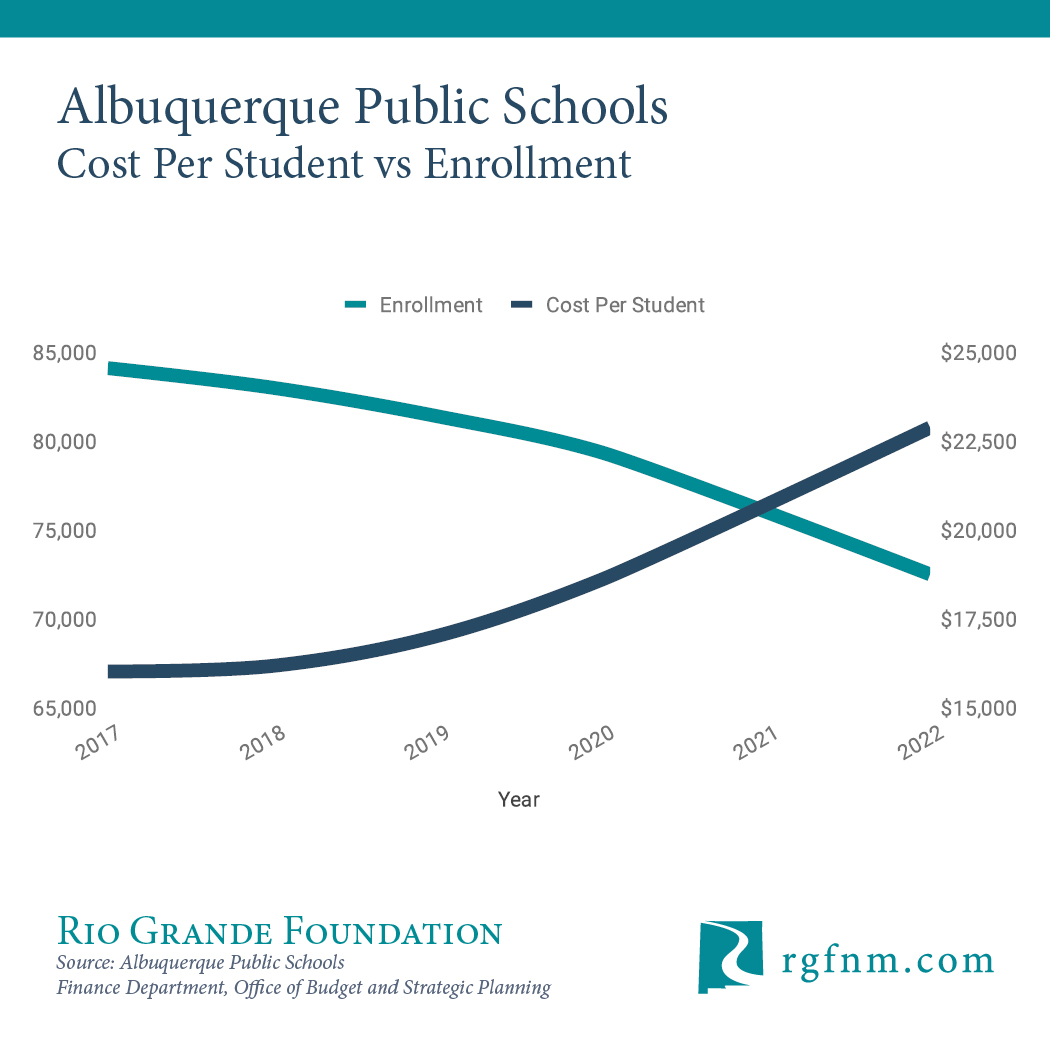The following appeared in several newspapers in the wake of New Mexico’s 2022 legislative session including the Carlsbad Current-Argus on February 23, 2022.

The 2022 30-day legislative session could have been much worse. It is no secret that we at the Rio Grande Foundation have disagreed with most of Michelle Lujan Grisham’s major efforts as Governor. She surprised many of us in her State of the State speech when she proposed elimination of the Social Security tax in New Mexico.
After three years of ruling as a hard left “progressive,” the Governor’s change of tune heading into the 2022 session was notable. Is her move solely due to her impending reelection? We’ll never know, but it is a welcome shift.
The most notable good legislation that passed this session was the tax cuts (HB 163). Unfortunately, the Social Security tax was not completely eliminated, but it will no longer apply to a vast majority of taxpayers. As a bonus, military pensioners received a break on their pensions for at least the next 5 years.
The State gross receipts tax rate will be cut under the tax reform package (barring a drop in state revenues) and a small child tax credit was added. Finally, the Legislature acknowledged that gross receipts tax pyramiding on business-to-business service inputs is a problem, but they only addressed the issue for manufacturers.
These tax cuts, if fully enacted, will reduce tax revenues by $400 million or so annually, are dwarfed by the massive increase in government spending. Spending rose by $1 billion this year alone.
All of this is thanks (mostly) to the booming oil and gas industry which shows no sign of slowing down, but money being printed up in Washington also played a role. Of course, while the Gov. will tout the raises for government employees in general and teachers specifically, with the current rate of inflation, those raises won’t be as helpful to families’ bottom lines.
Numerous bad bills were considered during the session that (thankfully) died. Most notable among these was SB 14 the “Clean Fuel Standard.” While rising gas prices have contributed to the State’s budget surplus, for average New Mexicans high gas prices are just another sign of inflation. Given those high prices it was a shock that Lujan Grisham made it her mission to pass this legislation, which would have increased gas prices at the pump by 35 cents/gallon.
The bill became even more confusing when, in the waning days of the session, an amendment was added to keep the San Juan Generating Station coal fired plant in Farmington open through next summer. PNM which owns the plant is nervous that it won’t have enough electricity to keep the lights on when the plant closes in June to comply with Lujan Grisham’s 2019 “green new deal” legislation.
Thankfully, with only hours to go in the session, SB 14 died on a tie vote in the House.
Another bill that, thankfully, died was the so-called “election reform” bill. Starting out, this bill was SB 8 and it had straight party voting, a “permanent” absentee voter list, allowing 16 and 17 year olds to vote, and, most outrageously, a provision allowing mailed ballots to be collected as late as the Friday after the Election Day.
Through a series of amendments and changes the election reform bill became SB 144. It was still problematic due to the unnecessary loosening of voting rules, but it died on the Senate floor as time expired.
Plenty of bills never received a floor vote. The Democrat-dominated Legislature (again) failed to restore a seat at the table for itself in emergencies. On the positive side of things, Las Cruces Sen. Bill Soules’ absurd SB 204 which would have appropriated $1 billion as part of a down payment on a high-speed train from the border with Mexico to Colorado, went nowhere as well.
This session could have been a lot worse. But, a moderately-successful 30-day session with November’s elections staring the Gov. in the face does not an ideological shift make.
Paul Gessing is president of New Mexico’s Rio Grande Foundation. The Rio Grande Foundation is an independent, nonpartisan, tax-exempt research and educational organization dedicated to promoting prosperity for New Mexico based on principles of limited government, economic freedom and individual responsibility




